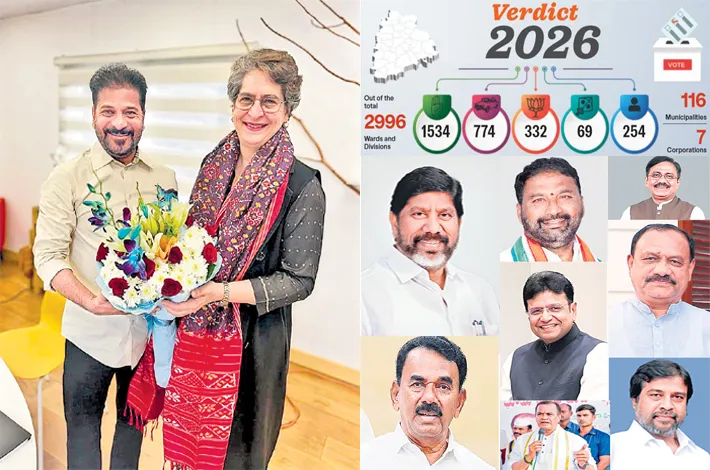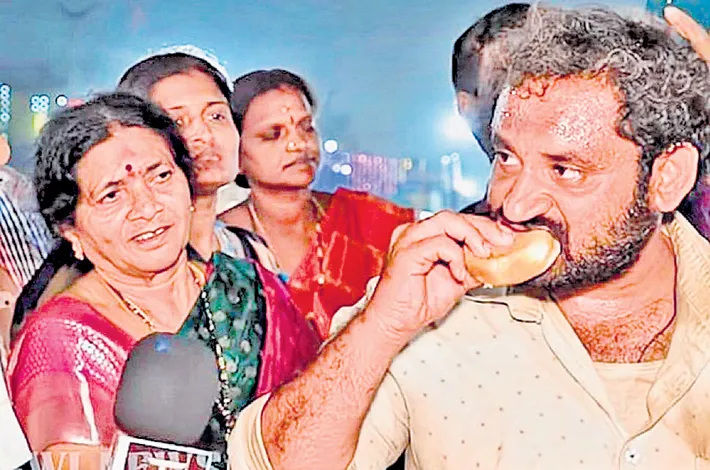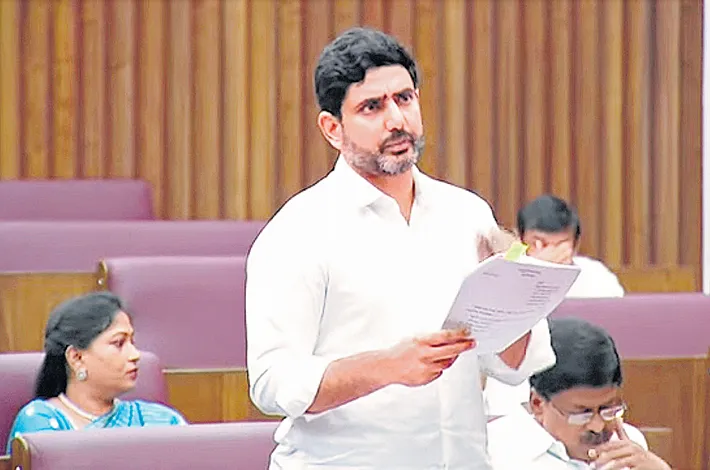‘One in seven Indians requires psychological support’
10-10-2025 12:00:00 AM

This year’s theme for World Mental Health Day (October 10) ‘Access to Services – Mental Health in Catastrophes and Emergencies’ couldn’t be more apt.
At a time when the world feels increasingly unstable with wars, climate events intensifying, and social political unrest simmering across continents, this year’s World Mental Health Day theme arrives as both a warning and a wakeup call.
When a calamity strikes, the other half unfolds quietly within people in terms of insomnia, anxiety, panic attacks, depression, PTSD, acute stress disorder, nightmares, flashbacks and survivor guilt. Mental health is often the invisible casualty of crisis. Hospitals and relief systems focus only on physical survival, food, medicine, shelter while psychological injuries remain unseen and untreated. The National Mental Health Survey shows that nearly one in seven Indians requires psychological support, yet the treatment gap remains vast.
In emergencies, this gap widens further. Services are disrupted, infrastructure collapses, and stigma silences those who most need help. In today’s geopolitical climate, collective anxiety is at an all-time high. I’m sure all of you feel it and can relate to it. News cycles filled with violence, displacement, and uncertainty create a constant fear even for those far from the frontlines. Access to mental health care whether through community-based programs, helplines, or psychological first aid is no longer optional. It is crucial especially in times of chaos.
4 ways to implement-Training first responders in psychological first aid, ensuring continuity of medication for chronic psychiatric conditions during emergencies, expanding tele-mental health networks to reach remote and displaced populations, embedding mental health professionals into disaster management teams.
Dr. Charan Teja Koganti, Consultant Psychiatrist, KIMS Hospitals, Kondapur.








